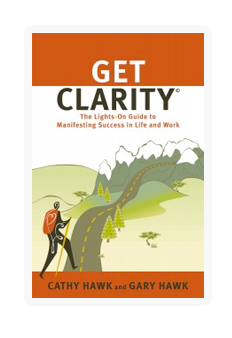Managing change involves transforming old ways of thinking and behaving into new ways of learning and growing. With many individuals and many organizations, there is a belief system that mistakes are a problem. However, it is not mistakes that are the problem. It is the judgmental and critical responses to mistakes that create resistance and make lasting change problematic.
Leaders and cutting -edge companies seek and use mistakes strategically to reach new heights. Therefore, a key factor in change management involves moving the culture away from judgment and criticism, toward solution focused practices that gather the intelligence offered through surfacing the mistakes, and thus enhancing individual and team learning.
The following is an easy-to-use format for inserting a “whoops review” as an opening to your existing meetings. Prior to instituting this practice, make sure that each person is ready to share an experience without judgment. A good guideline is to be descriptive only – stating what occurred but not why.
The statement each person gives should relate to personal performance only and therefore, always be in an “I” statement – never a “you” statement.
Open the meeting with each person checking in by stating one thing that he or she did over the last week that worked (contributed to a successful outcome or increased their overall performance). Then the same person states one thing that he or she did in the last week that didn’t work (something that could have been done differently or that could have been more effective). And then conclude with an expression of gratitude. Extra guidelines are below:
- What worked and what didn’t work? Comment on personal performance only, and this is similar to how athletes watch game films to see what they could do differently in the future. Focus equally on both parts, and if a pattern begins to appear in what doesn’t work, a strategy for change can be developed
- What am I grateful for? State something personal or professional that elicits gratitude. Research has shown that people who express gratitude on a frequent basis are more optimistic, feel better about their lives, feel higher levels of alertness and energy, and make more progress towards their goals thus eliminating resistance to change.
There can be a tendency to concentrate on “what did work,” and to minimize “what didn’t work.” Naturally, what didn’t work is the most difficult for everyone to answer, and signifies the most resistance to change. To understand this resistance to reveal what didn’t work, look at the culture which equates a mistake with something being wrong. In a culture that operates from a “what’s wrong here?” focus, a report about what didn’t work will produce a negative outcome, and invite withdrawal, justification, and passing the blame.
In positive change management strategy, the focus is on curiosity, discovery, and team learning. When the “whoops review” is practiced regularly – adhering to the guidelines for the non-judgmental, solution-focused process described above – resistance to change is transformed into team learning about what you and others can do differently and more effectively in the future. It invites the fun and co-creativeness that best describes purposeful change management.




